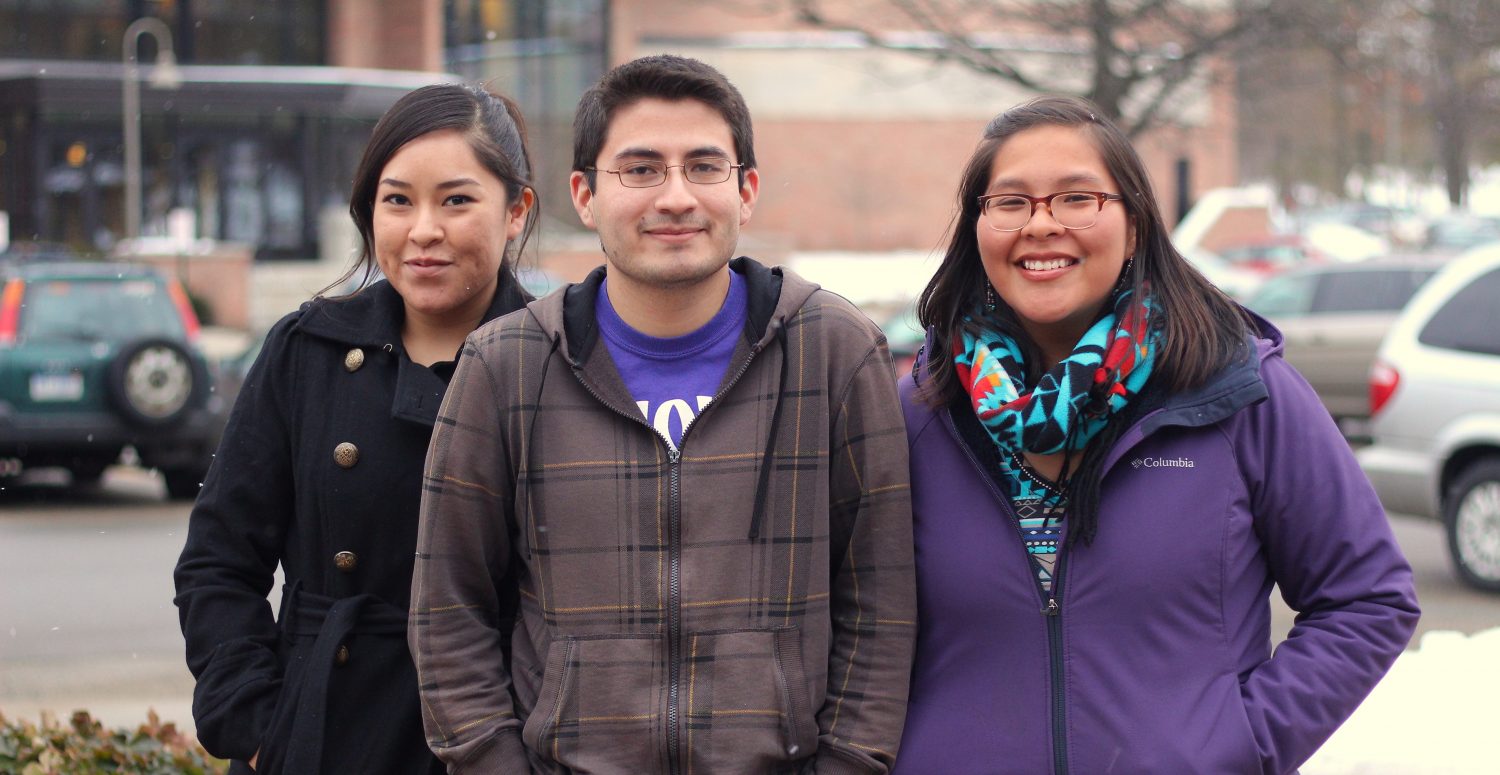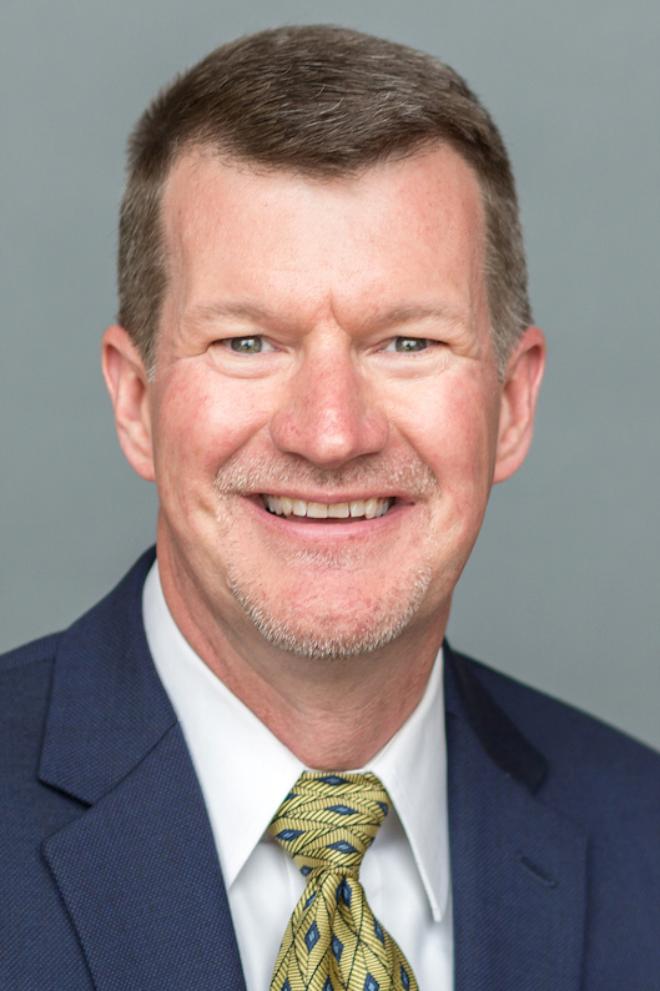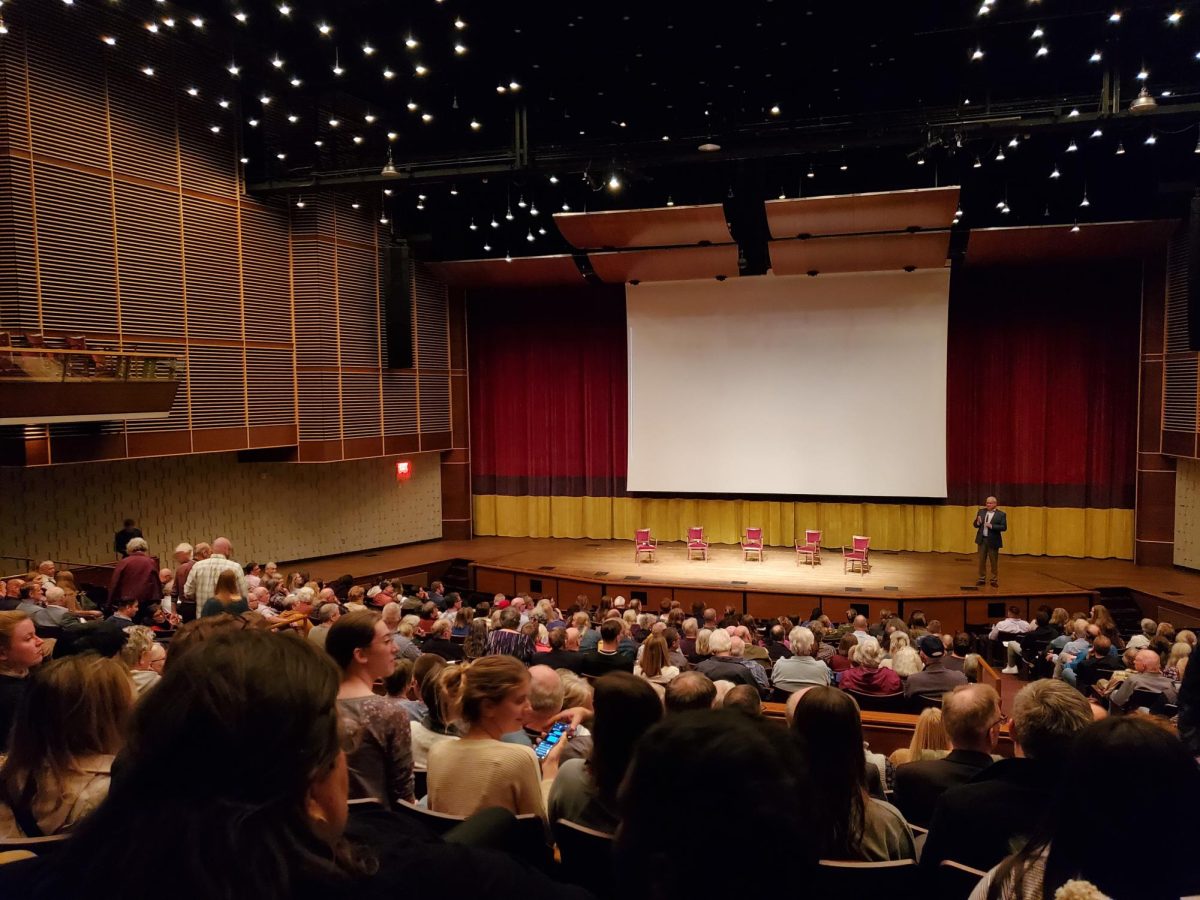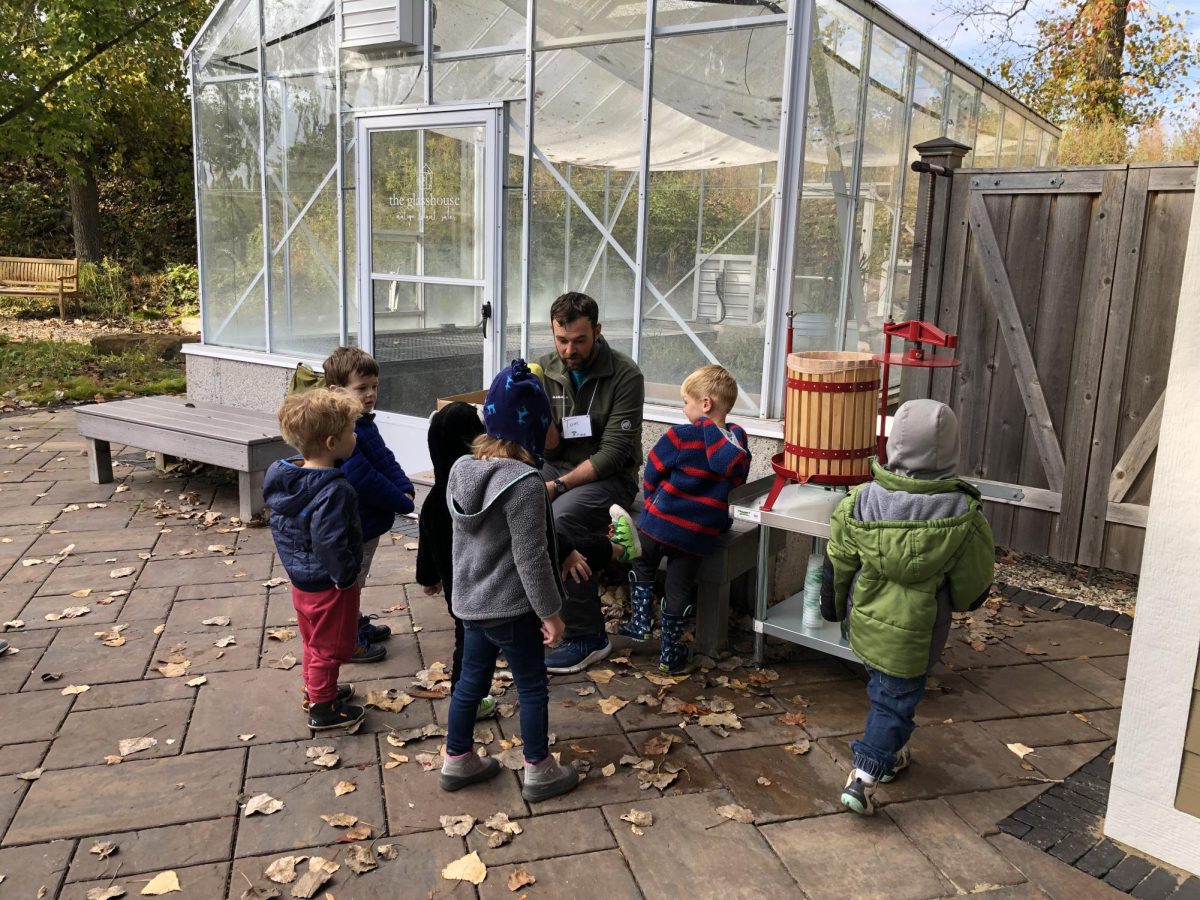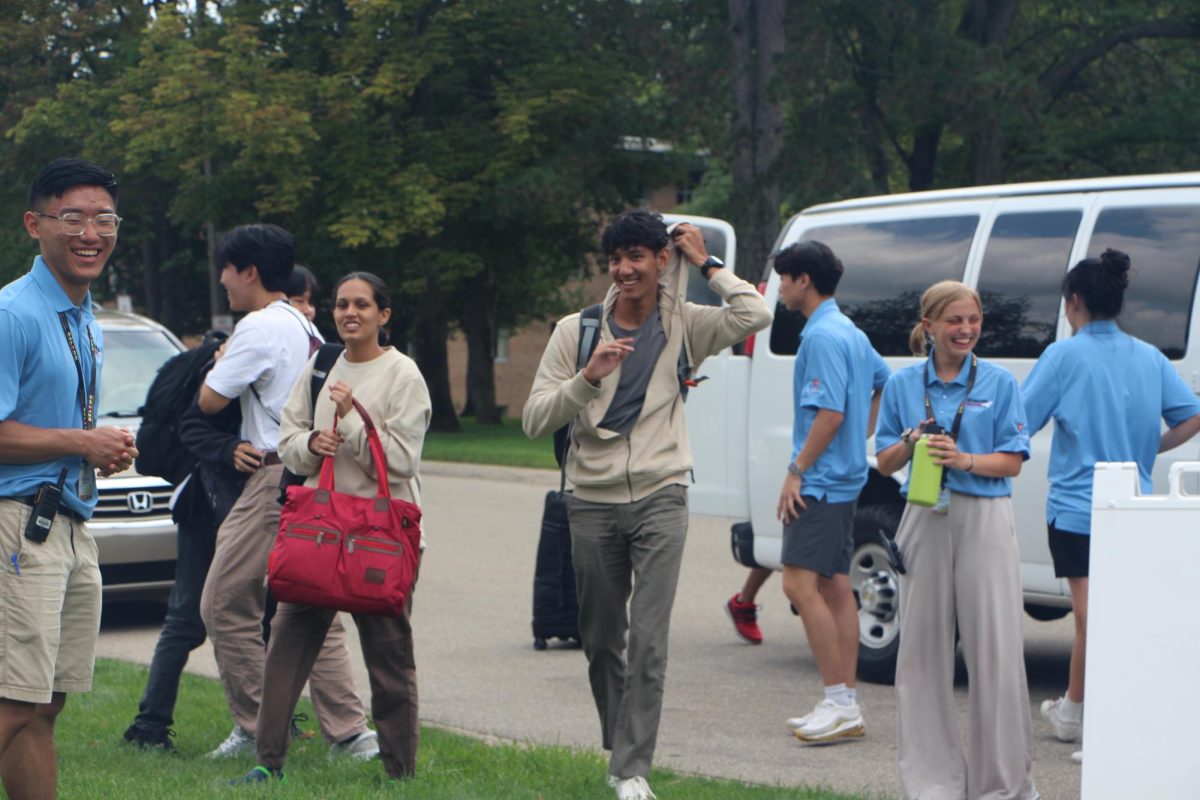Native Americans make up less than one percent of Calvin’s student body. But according to these three seniors, that is no excuse for letting stereotypes and cultural misrepresentations prevail.
The CRC, and Calvin in particular, has had a long history of involvement with the Native American people. But according to these students, all of Navajo descent, the relationship has not necessarily been a good one.
Here they write about their experiences of facing prejudice in a system where they have seen their culture misinterpreted and marginalized, and how it has inspired them to become cultural activists. This essay is part of a series. Read Tonisha’s story here, and read Chantelle’s story here.
Benjamin Chee
Senior, Music major and German minor, Half-Navajo, half-German native.
My first experience living as a racial minority was when I came to Calvin. I come from the Navajo Nation, where Native Americans outnumber other ethnicities by a huge margin.
No one prepared me for the culture shock I experienced of suddenly becoming a minority. Imagine me, a German/Navajo kid stepping into a dorm of 40 white students, most of whom come from the same place and have the same culture.
I felt a distance between me and the other people on my floor because we had little in common. When I did get a chance to tell my story, no one could engage me because they could not relate to my experiences.
I felt that they wanted to, but did not have enough cross-cultural experience to interact with someone who was different than them.
I eventually left my floor after one semester, having experienced homesickness and depression. I found safety and comfort among people on the Grassroots floor who were willing to talk about racism and ignorance by asking hard questions.
Although I found a place where I could flourish at Calvin, I realized that I had become separated from the greater Calvin community once again. Due to a lack of higher quality education back home, I returned to Calvin for my sophomore year for the sake of my Christian education.
In my third year, I became RA of the Grassroots floor. I committed myself to trying to give a voice to a minority, in leadership and in the Calvin community.
In my time at Calvin, I have produced art pieces and visual presentations, participated in panel discussions, co-directed a Rangeela act and been a part of other Native student endeavors in order to spread awareness, educate and elicit proactive responses from the Calvin community.
Despite all this, I feel that I have accomplished little. People are often only interested in the exotic parts of our culture, or they react to our history with pity. Either way, there is often a general unwillingness to engage further.
But it is not just big performances and presentations. A huge part of cultural education is dealing with ignorance on an everyday basis. People do not often realize that stereotypes and micro-aggressions, while often used unintentionally, are extremely powerful in reinforcing ignorance and misunderstanding.
But most of all, they hurt. I often have to explain why I have issues with people calling me “chief,” or why “having a pow-wow” is not the same as having an informal meeting. I cringe every time someone says, “Let’s sit Indian style.” I am tired of having to correct people when they call Native Americans “Indians” and explain why it is inaccurate and harmful.
These may seem like small misunderstandings, but for minorities facing prejudice at every turn, each one could be the straw that breaks the camel’s back.
I don’t think there is any easy solution to the misrepresentation of Native Americans and I don’t expect change to happen quickly, but we can start by creating a safer and more welcoming environment for Native students everywhere.
Students can do this by engaging in other cultures and getting outside of their comfort zones. It might be hard, but Native Americans experience discomfort every day and we have no escape from it.
It will take effort from both sides and a great deal of grace. What can you do? Go to events, talk to people, do some research. Do not remain ignorant. There are Native students at Calvin and we value the Calvin community and want to be a part of it.




